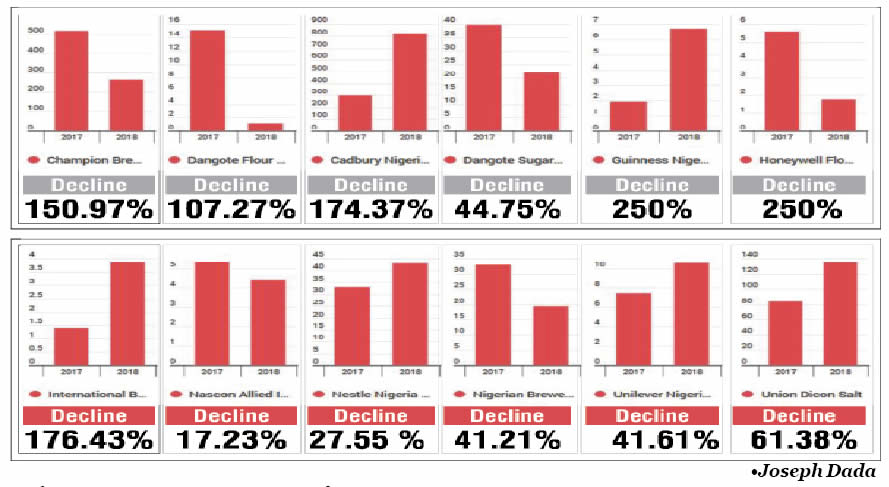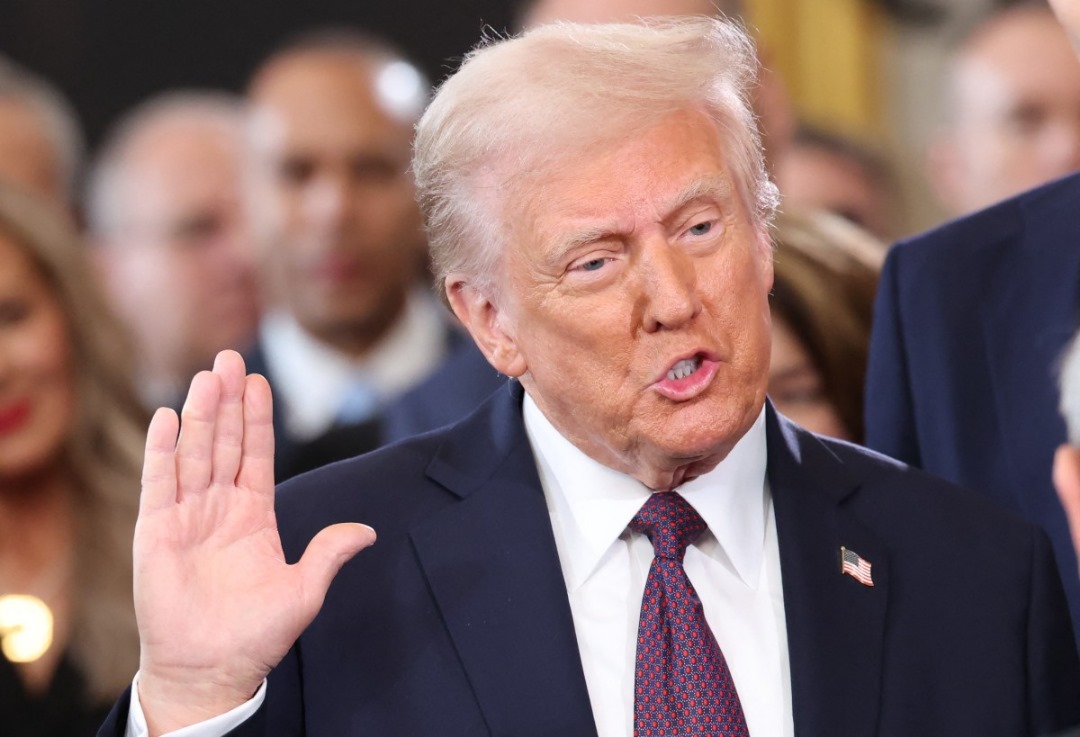The Chairman of the Presidential Committee on Fiscal Policy and Tax Reforms, Taiwo Oyedele, says the implementation of the tax reforms would boost the N35tn projected revenue in the 2025 Appropriation Bill.
Oyedele said this on Thursday during a panel discussion at the launch of the 2025 Macroeconomic Outlook of the Nigerian Economic Summit Group themed ‘Stabilisation in Transition: Rethinking Reform Strategies for 2025 and Beyond.’
The Federal Government has projected a total revenue of N36.35tn for 2025, anchored on improved non-oil revenue generation. The entire budget is N49.75tn, which is still undergoing the legislative process at the National Assembly.
Speaking on Thursday, Oyedele said there was going to be an increase in revenue once the tax reform bills still at the NASS are passed and implemented, putting the value of the increase at trillions of naira.
He said, “We are going to have an upside to revenue. We have not incorporated into the budget what we expect to come from our reforms. One of them is by harmonising the tax collection; we think that we are going to close significant leakages that will be in the trillions of naira. In addition to that, you have fiscalisation that we are going to do with VAT even though the governors say don’t increase the rate. We think that without increasing the rate, we can collect more by closing the compliance gap, which is as high as 70 per cent. Once we can do our fiscalisation, that is, the bill, we expect that revenue should go up very quickly around VAT.
“We also have other reforms from corporate tax to personal income tax, and these are where the revenue will come from. Overall, it is therefore right to conclude that from a fiscal sustainability point of view, we made a turn, and we are now moving in the right direction.”
Also, speaking at the event, the Governor of the Central Bank of Nigeria, Olayemi Cardoso, said that his engagement with Nigerians in the diaspora showed a desire to double current levels of remittance.
He added that engagements with the diaspora had informed some of the initiatives of the apex bank.
In his keynote address, Cardoso said, “The bank equally granted approval, in principle, to 14 new international money transfer operators and also launched the non-resident BVN recently to enable Nigerians overseas to have access to banking services in the place of their birth. Again, a clear example of recent initiatives and initial products that we have launched that are in response to the dialogue we’ve had with many people overseas, understanding their problems, understanding the opportunities they are looking for in Nigeria, and being able to make life much easier for them. Through launching these particular products. And I’m very, very confident that we are going to see a very positive outcome from them. When I say I’m very, very confident we’re already seeing the impact. Is already starting to show the IMTOs and foreign remittances.”
It’s remarkable. In my last discussion with the diasporans in Washington and Texas, everybody was committed to doubling the levels that we are in. There are good things ahead on the foreign exchange side as far as I can see. Our achievements with these reforms have been encouraging and will continue to materialise in the long term. Our efforts have resulted in significant milestones in 2024 with over $6bn in inflow in capital into Nigeria and external reserves exceeding N40bn, signalling growing investor confidence.
“As we progress through 2025. We aim to ensure that the reforms and market-oriented policies will support a more competitive environment for those, especially in a situation. This carries significant implications for businesses operating in Nigeria. Yes, there is a lot to be said for the fact that we have found ourselves in a situation where the exchange rate has adjusted. That has its negatives, especially in a situation where we find that we are so import dependent, but it also has offered an opportunity. Believe me, I see a lot of, especially foreign investors, coming in wanting to take advantage of it because, at this stage, and again, our currency is a lot more competitive, and the implications for exports and the implications for productive activity are significant.”
He reiterated that the regulator would “remain a proactive monetary authority to ensure price stability, monetary stability, and exchange rate stability. We will continue to evolve innovative policies and initiatives that support the critical sectors of our economy and deliver the all-round sustainable growth and advancement that we all desire.”ollowing the recent 50 per cent tariff hike approved by the Nigerian Communications Commission, the Nigeria Internet Group has called on the NCC and the telcos to ensure that the increase translates to better telecom service delivery.
President of the body that promotes the use of the internet in the country, Destiny Amana, said in a recent statement that the revenue derived from the tariff adjustment will be reinvested into network expansion and infrastructure upgrades that will enhance service delivery.
“But while we recognise the economic realities that may have necessitated this decision, it is imperative that this increase translates into a significant and measurable improvement in service delivery.”
He said at the moment, service levels across all networks have been deplorable—with poor signal quality, frequent call drops, and unreliable data services becoming the norm rather than the exception.
“The NCC, as the industry watchdog, must also ensure strict compliance and transparency, ensuring that no unscrupulous practices are introduced that further burden consumers without corresponding benefits,” he noted.
The NIG boss said he supported the tariff increase only if there is a measurable and enforced improvement in service quality—better call connectivity, stronger signals, and faster, more stable internet speeds.
He added, “If NCC actively monitors and holds operators accountable for meeting set quality standards, including network uptime, speed, and customer satisfaction metrics, and if consumers are protected from exploitative pricing tactics, ensuring that telcos justify the increased costs with tangible network improvements.
If these conditions are not met, this increase will be seen as an unjustified burden on Nigerian consumers and businesses.”
He urged the NCC to ensure that telcos prioritise service excellence and that the funds generated from the adjustment are reinvested into network expansion, quality enhancements, and infrastructure development.
He also reiterated his commitment to advocating a thriving digital economy where Nigerians have access to affordable, reliable, and high-quality internet services.





